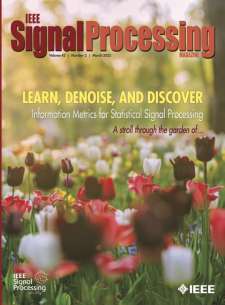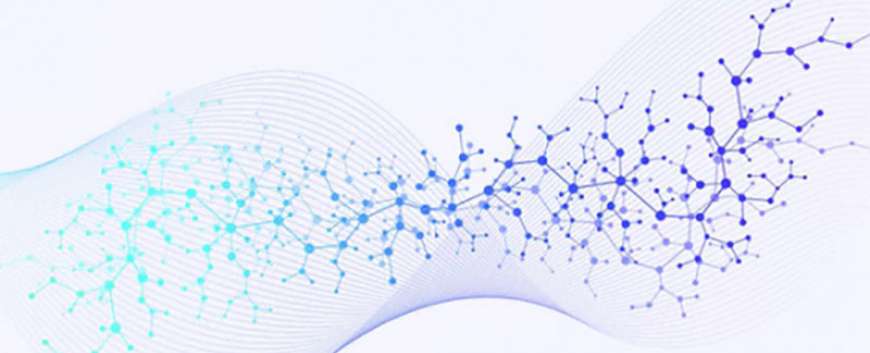The Magical Art of Technical Presentations
Top Reasons to Join SPS Today!
1. IEEE Signal Processing Magazine
2. Signal Processing Digital Library*
3. Inside Signal Processing Newsletter
4. SPS Resource Center
5. Career advancement & recognition
6. Discounts on conferences and publications
7. Professional networking
8. Communities for students, young professionals, and women
9. Volunteer opportunities
10. Coming soon! PDH/CEU credits
Click here to learn more.
The Magical Art of Technical Presentations
At the time of publication, all of the links in this article were operational. However, since we do not host the videos, we have no control over whether or not they will continue to be active. In many cases, similar or related videos can be found by typing the performer’s name in an appropriate search engine. For convenience, all of the referenced links can also be accessed at www.fourhandedillusions.com/matp . On occasion, new and related links might also be posted on that site.
Teaching is, after all, a form of show business.
—Steve Martin
Performed well, magic and technical presentations can be thought of as two performing arts with different objectives. The primary goal of a technical presentation is to inform, to effectively communicate knowledge and novel ideas from the presenter to the audience. The primary goal of a magic performance is to mystify and entertain. As different as they are in purpose, magic and technical presentations share a lot in common. Seasoned presenters, like great magicians, have to communicate effectively, command the stage, engage their audiences’ attention, capture their curiosity, and leave them with a sense of fascination and wonder. We don’t believe every class or lecture has to be a show to be effective. But we do believe that every presentation in front of a technical audience can benefit from careful consideration of some of the concepts we offer in this article, and especially when it comes to singular talks and presentations of technical work for colleagues, management, or potential employers.
Both of us have strong interests in science, technology, presentations, and magic but in different ways. Several years ago, we entered into a wonderful arrangement, with Joel Acevedo offering to tutor Al Oppenheim in magic in exchange for Oppenheim tutoring Acevedo in signal processing. This article is one outgrowth of that wonderful interaction and friendship and is our attempt to articulate our perspectives on how performing magic can inform impactful technical presentations.
We’ve organized the article into five main sections. The “Body Language of a Magician” section discusses body language and its importance in communicating during a presentation. The “Understanding the Venue” section briefly discusses considerations related to the venue. The “Elements of the Performance” section focusses on issues related to designing a performance, including developing the script, opening and closing a presentation, the use of props, and the importance of the reveal. We then elaborate on the importance of practice in perfecting the elements of a performance in the “How Do You Get to Carnegie Hall?” section. We close with a few additional thoughts borrowed from hockey players and rock climbers in the “And Now for Our Closer …” section. Links to the performances and demonstrations that we reference throughout can be found in “Editor’s Note.” For convenience, all referenced links can also be accessed at https://www.fourhandedillusions.com/matp. We hope that, by the end of this article, our readers will have been entertained and exposed to concepts from magic that they can incorporate when designing and presenting technical work to improve the effectiveness, impact, and overall value of their presentations.
SPS Social Media
- IEEE SPS Facebook Page https://www.facebook.com/ieeeSPS
- IEEE SPS X Page https://x.com/IEEEsps
- IEEE SPS Instagram Page https://www.instagram.com/ieeesps/?hl=en
- IEEE SPS LinkedIn Page https://www.linkedin.com/company/ieeesps/
- IEEE SPS YouTube Channel https://www.youtube.com/ieeeSPS













